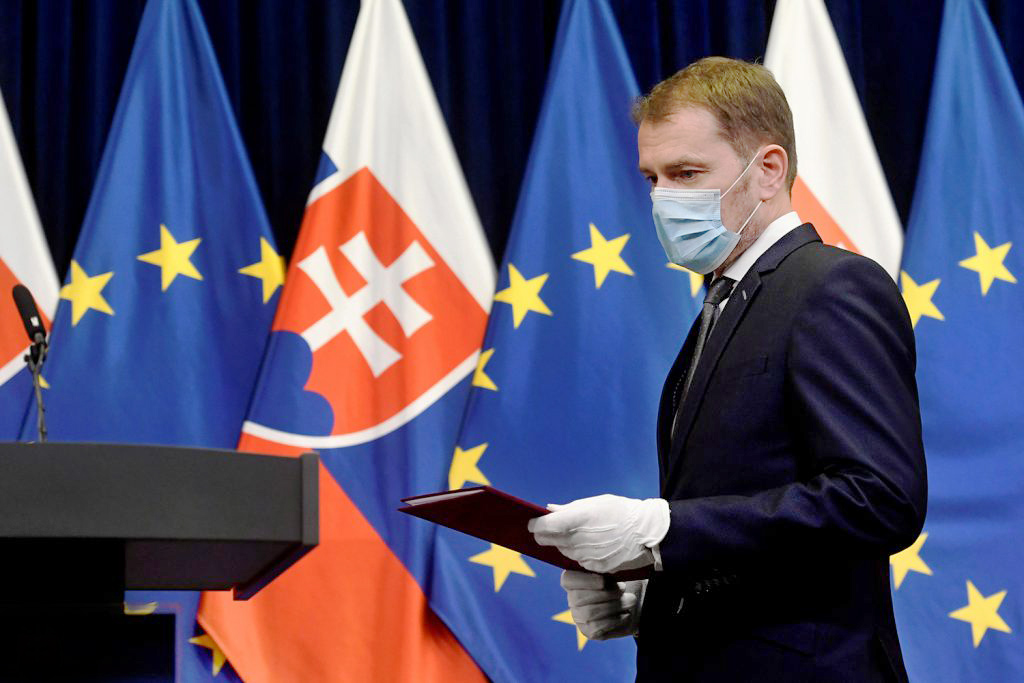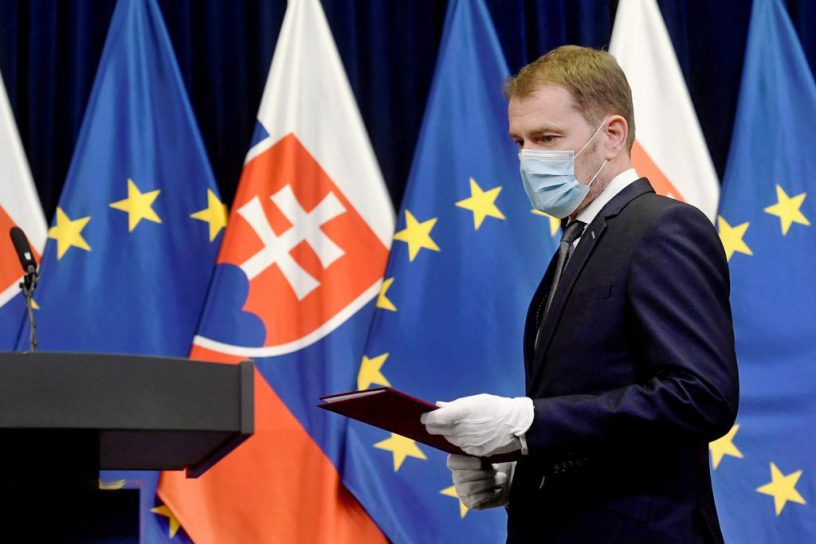
Taking stock of the key Slovak responses to the pandemic since June 2020 until February 2021, the article argues that deliberation and justification of the key choices were missing in the legal policies.
Author
Max Steuer, Assistant Professor, Jindal Global Law School, O.P. Jindal Global University, India.
Summary
In spring 2020, Slovakia was praised for minimizing the instances of the COVID-19 pandemic. By early 2021, however, with Slovakia among the top five countries with the highest increase of COVID-19-induced death cases, a very different picture has emerged, highlighting the costs of neglecting democracy considerations (encompassing human rights and the rule of law) by the executive in particular.
The perceived success of Slovakia in containing the early wave of the pandemic in spring 2020 was credited to a combination of factors, including an early response by the outgoing cabinet, compliance by the bulk of the population and the role of key public figures in setting best practices. The swift executive action, making use of the ‘state of crisis’ (núdzový stav) as stipulated in a constitutional act dealing with emergency situations (krízové situácie), resulted in restrictions of fundamental rights such as the freedom of movement, the right to assembly or the right to education. Illustratively, in spring 2020, Slovakia scored worse than Hungary and Poland with respect to adopting discriminatory measures in the Pandemic Backsliding Index by the Varieties of Democracy Institute.
This post takes stock of the key Slovak responses to the pandemic since June 2020 until February 2021. It argues that deliberation and justification of the key choices were missing in the legal policies. Coupled with the technocratic turn of the populist Slovak government and the ensuing lack of accountability, the Slovak ‘journey from the top to the bottom’ in terms of effectiveness of containing COVID-19 illustrates the mismatch between a rhetorical and substantive commitment to the rule of law by the Slovak executive, that was only mildly mitigated via judicial, and to a lesser extent, legislative oversight.
Published in: Verfassungsblog
To read the full article, please click here.


